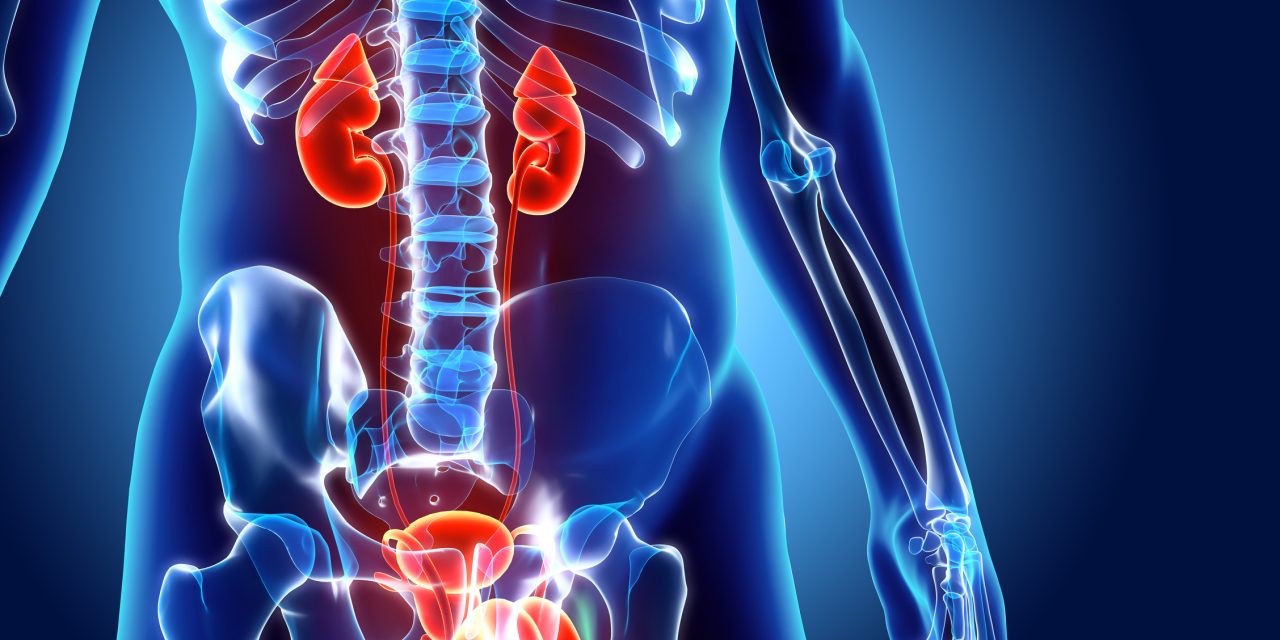To evaluate and report the complications, and to analyse antimicrobial stewardship aspects following prostate biopsies (P-Bx) based on the data from a 9-year global study.
The primary outcome was to compare complications after P-Bx between patients of two cohorts: 2010-2014 and 2016-2019. Primary outcomes included symptoms of lower and severe/systemic urinary tract infection (LUTIS and SUTIS, respectively), and positive urine culture. Readmission to hospital after P-Bx, need for additional antimicrobial therapy, consumption of different antimicrobial agents for prophylaxis and therapy were evaluated. Students t test and chi-square test were used for comparative analyses.
Outcome data were available for 1615 men. Fluoroquinolones-based prophylaxis rate increased from 72.0% in 2010-2014 to 78.6% in 2015-2019. Overall rates of complications increased from 6 to 11.7% including an increase in symptomatic complications from 4.7 to 10.2%, mainly due to an increase in LUTIS. Rates of patients seeking additional medical help in primary care after P-Bx increased from 7.4 to 14.4%; cases requiring post P-Bx antibiotic treatment increased from 6.1 to 9.7%, most of which received fluoroquinolones. Transperineal P-Bx was significantly associated with LUTIS. Following transrectal P-Bx, 2.8% developed febrile infections and 4.0% required hospitalisation. Two men (0.12%) died after transrectal P-Bx due to sepsis.
The rates of complications after P-Bx tended to increase in time, as well as rates of patients seeking additional medical help in the post-P-Bx period. To reduce the risk of infectious complications and to comply with the principles of antibiotic stewardship, clinicians should switch to the transperineal biopsy route.
The negative aftermath of prostate biopsy: prophylaxis, complications and antimicrobial stewardship: results of the global prevalence study of infections in urology 2010-2019.


